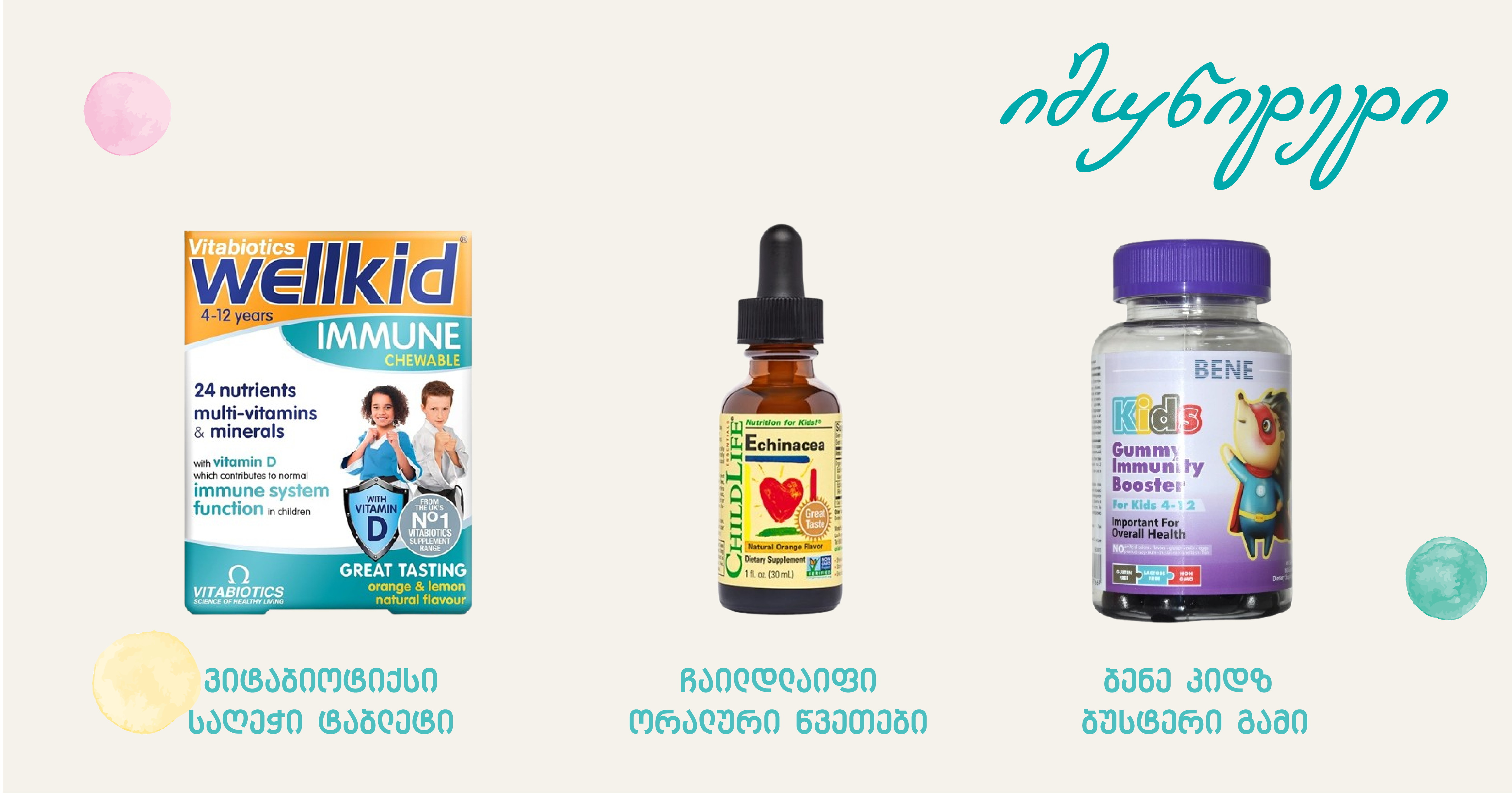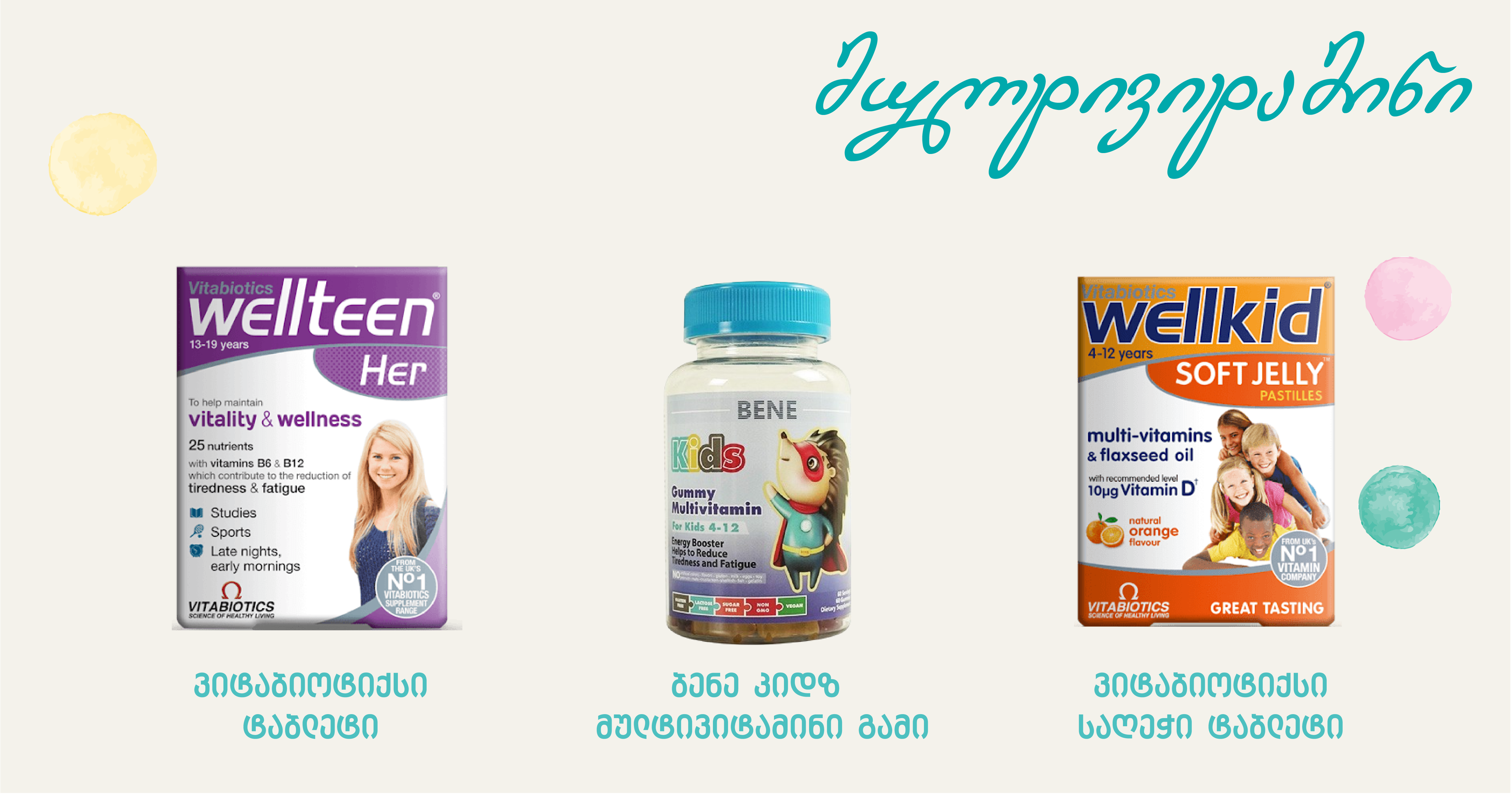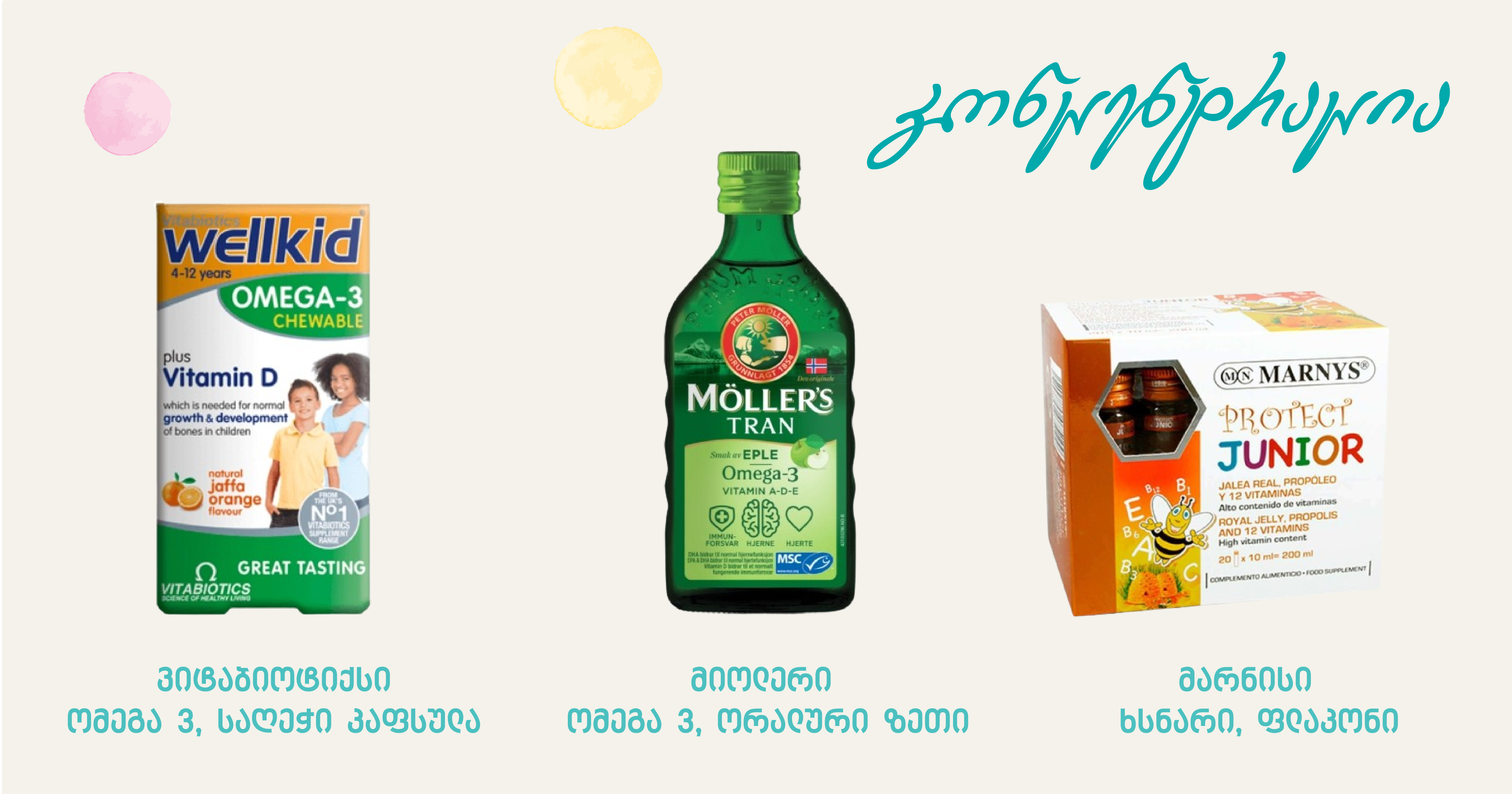
The beginning of the school year is a big challenge for a child. A new environment, new friends, and daily responsibilities raise many questions for parents. How can we prepare a child for physical and mental demands? Below, we will discuss several important points that will help you navigate this period more easily.

Before the start of the school year, ensuring the proper functioning of a child’s immune system is one of the most important tasks. The autumn-winter period and virus season are particularly risky, as viruses spread easily in enclosed spaces. For a well-functioning immune system, three key things are needed: a balanced diet, good sleep, and physical activity.
Physical activity can include walking, for example, going to school on foot if it’s nearby. If not, you can dedicate separate time for this.
To strengthen the immune system, vitamins C, A, D, and E are especially important. It is often difficult to get the required amount of these vitamins from food alone. Vitamin D is particularly noteworthy, as it is produced through direct exposure to sunlight. During the school year, spending time outdoors in the sun becomes more difficult, so this vitamin often needs to be taken as a dietary supplement.
Here are some options that can help:

The simplest way to create a balanced diet is to imagine a plate and a glass for each meal (breakfast, lunch, and dinner).
Divide the plate into four equal portions (one portion equals the size of the child’s palm):
The glass represents a dairy product.
However, even when parents strictly follow the diet and eating schedule, it is still difficult to fully absorb all vitamins due to several factors:
In such cases, to prevent or treat symptoms caused by vitamin deficiency, a good solution is to take a vitamin complex. For example, you can use the Vitabiotics Wellkid line (for children aged 4–12) and Wellteen line (for teenagers aged 13–19).
For additional information, please see the links below:

At the beginning of the school year, mental and physical stress can lead to fatigue, insomnia, loss of appetite, and deterioration of memory and concentration. All these symptoms often indicate a deficiency of vitamins in the body.
Good sleep is also essential for concentration. School-aged children should sleep 9–12 hours, while teenagers need 8–10 hours. Try to maintain a consistent sleep routine, meaning going to bed and waking up at the same time on both school days and weekends. This gives the child’s body a sense of stability and helps them adapt to the new routine.
During prolonged physical and mental activity, the demand for B vitamins increases. These are essential for the normal functioning of the nervous system and the brain. They improve concentration, memory, and reduce feelings of fatigue.
It is also very important to consume foods rich in Omega-3. Omega-3 helps improve memory, concentration, and cognitive functions in children. It supports the body in coping with physical and mental fatigue, strengthens the immune system, and has a positive effect on vision.
To get these components, you can use:
A successful start to the school year is important for both the child and the parent. For this, it is crucial that the child’s body is ready for new challenges. A balanced diet, good sleep, physical activity, and the intake of necessary vitamins create the essential conditions for the proper functioning of the immune system and mental performance.